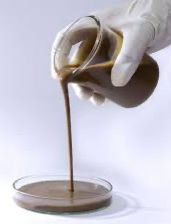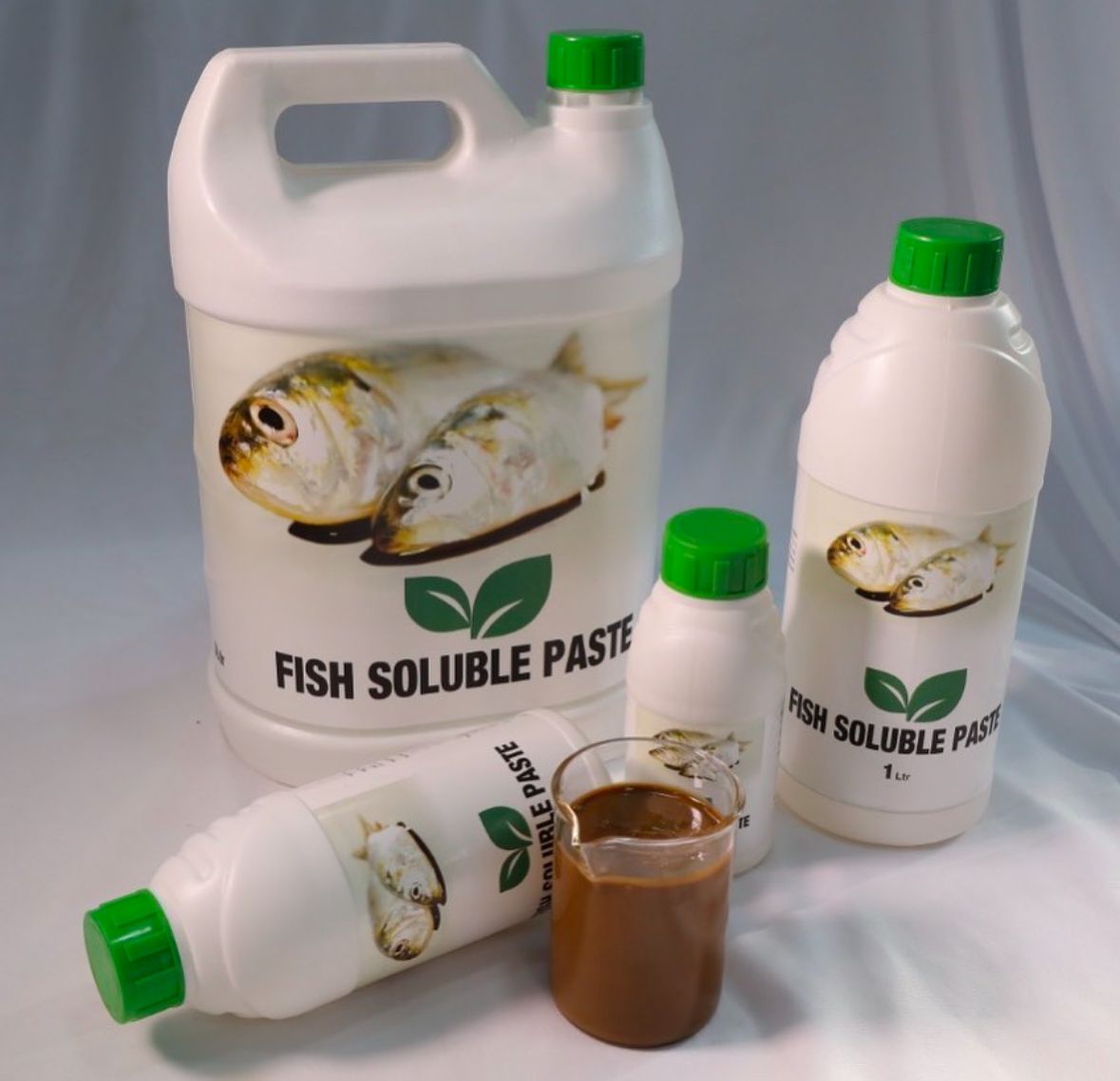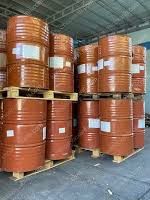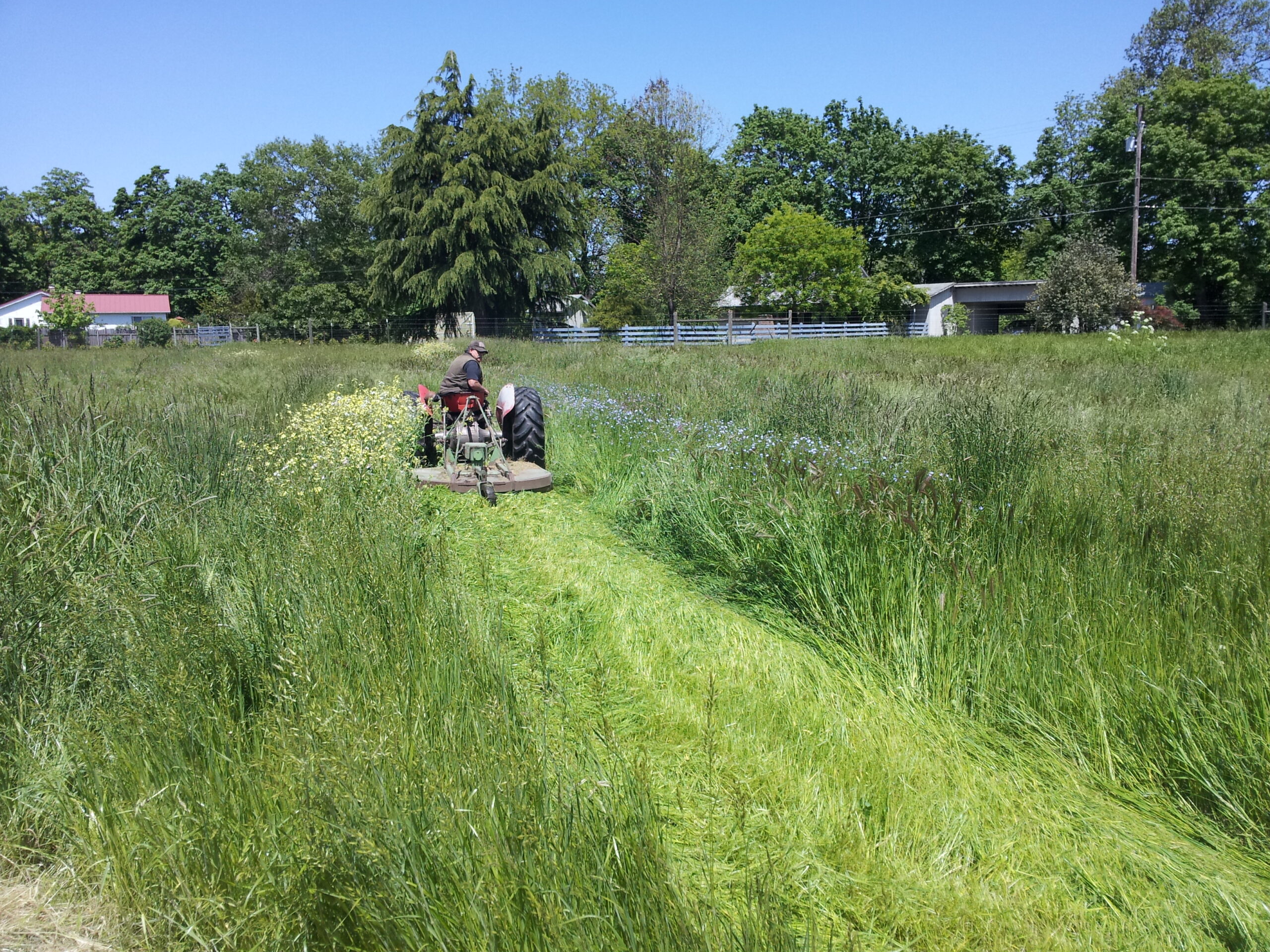Fish Soluble Powder, often referred to as fish protein hydrolysate or fish amino acid, is a concentrated, water-soluble fertilizer derived from fish. It is widely used in agriculture as a natural, sustainable, and nutrient-rich input to enhance soil fertility and plant growth. Here’s an overview:
Applications in Agriculture:
- Soil Amendment:
- Improves soil structure and organic content when incorporated into the soil.
- Foliar Spray:
- Provides nutrients directly to plant leaves, ensuring quick uptake and reducing nutrient stress.
- Fertigation:
- Suitable for drip irrigation systems for direct delivery to plant roots.
- Seed Treatment:
- Enhances germination rates and early seedling vigor.
Application Guidelines:
- Dilution Ratio: Typically diluted at 1:50 to 1:200 with water for foliar sprays or soil drenching, depending on the concentration.
- Frequency: Apply every 7–14 days during the growing season or as needed.
- Storage: Keep in a cool, dry place to preserve the powder’s quality.



- Rich in Nutrients:
- Nitrogen (N): Supports leafy growth and overall plant vigor.
- Phosphorus (P): Promotes root development, flowering, and fruiting. Bottle Size Options Pouring Liquid Fish Soluble Pouring Liquid Fish Soluble
- Potassium (K): Enhances disease resistance, water regulation, and overall plant health.
- Contains micronutrients (calcium, magnesium, zinc, etc.) essential for plant growth.
- High levels of amino acids and peptides that promote enzymatic and metabolic activities in plants.
- Organic Matter:
- Enhances microbial activity in the soil, improving soil health and fertility.
- Boosts the formation of humus, which improves water retention and nutrient availability.
- Plant Growth Enhancers:
- Contains natural growth-promoting substances like enzymes and hormones (auxins, gibberellins).
- Stimulates root development, flowering, and fruit set.
- Improves Soil Health:
- Encourages beneficial microbial populations, enhancing nutrient cycling.
- Reduces soil compaction and improves aeration.

